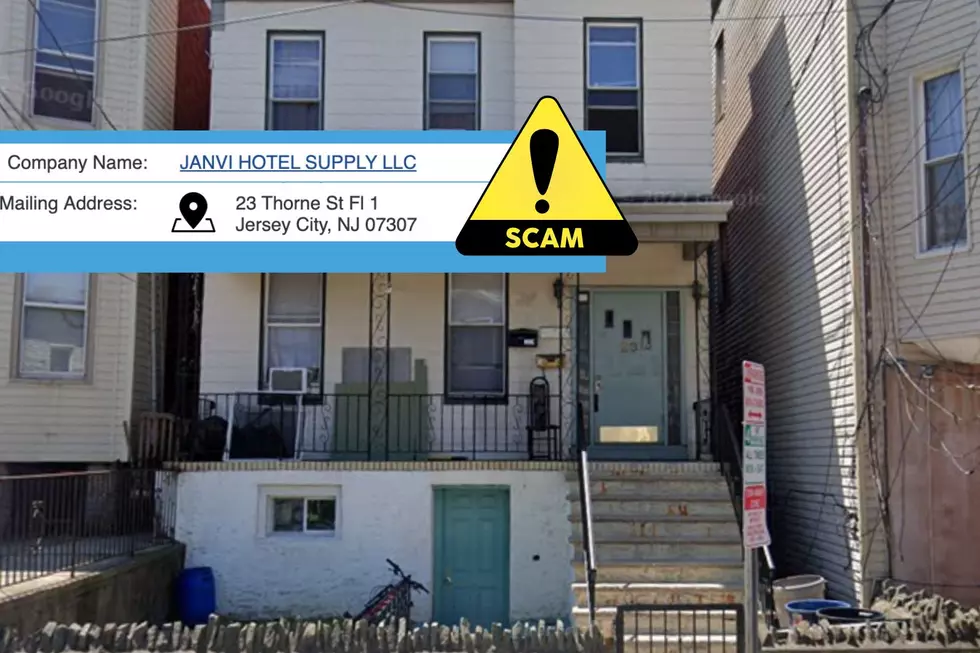
As protestors clash with Democrats, proposed NJ law would ban ICE contracts
Early in the new year, state lawmakers will be considering a measure to ban new, renewed and expanded contracts between New Jersey jails and U.S. Immigrations and Customs Enforcement to detain people who are in the country illegally.
The measure comes after high-profile demonstrations and clashes between progressive immigration advocates and Democratic elected officials in Hudson and Bergen counties, which have these jail contracts.
Assemblyman Gordon Johnson, D-Bergen, proposed the bill for introduction on Monday.
“Many advocates and residents throughout our state have voiced their opposition to the detainment of immigrants,” Johnson said, in a written statement. “We must listen to the people of our state who are calling for an end to ICE contracts in New Jersey.”
Under his proposed bill, correctional facilities would be prohibited from entering into a new contract or renewing/expanding an existing contract for the detainment of immigrants in New Jersey.
“The outrage and hurt many New Jerseyans are feeling right now is both understandable and warranted – I feel it too,” said Johnson. “Over the past several years, we have heard story after story of human rights atrocities committed in ICE facilities.”
Johnson's district spans parts of 17 communities, including Hackensack, which houses Bergen County jail.
Hudson County officials have been embroiled in weeks of public protests and tension between demonstrators and the Board of Freeholders, after they voted to renew the county’s contract with ICE for detentions at Hudson County jail in Kearny.
There's also been anti-ICE protests outside of Bergen County jail, which recently devolved into violent clashes with law enforcement, sparking criticism from both the Bergen County Sheriff and demonstrators.
The bill would not affect the Bergen County jail contract with ICE, as the agreement was extended indefinitely more than 10 years ago.
The measure is slated to be introduced on Jan. 7, according to the assemblyman’s office.
If signed into law, the bill would take effect immediately.
NJ wants to suspend these 10 bars for latest pandemic infractions
More From New Jersey 101.5 FM









